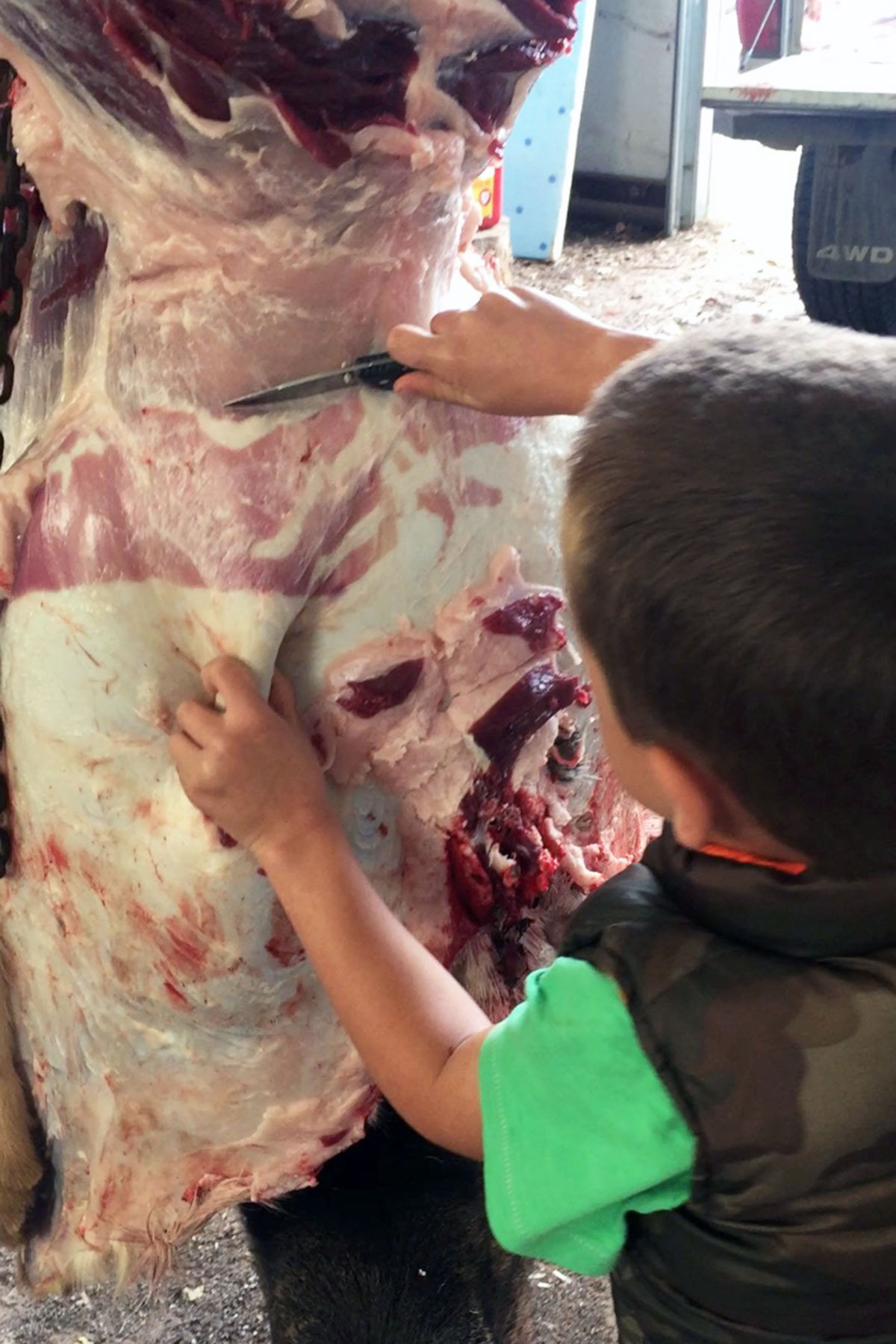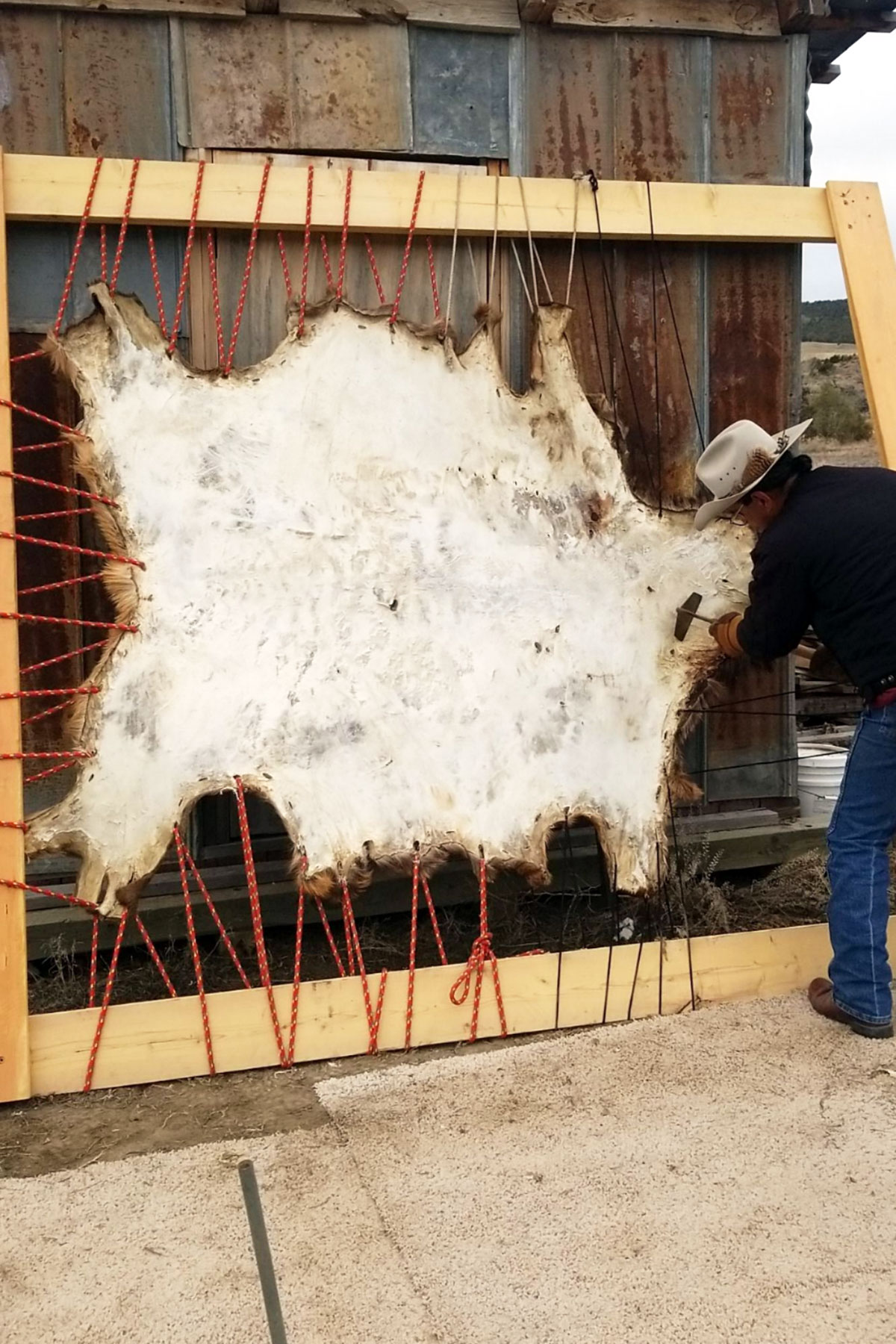What is the “Kitchen Table Talk?”
How many of you remember the conversations that happened around your parents’, grandparents’, or aunties’ and uncles’ kitchen table. Some maybe were too young to remember these conversations or know what they were about because they were outside playing. We want to go down memory lane and hopefully spark joy and happiness into your heart of memories about conversations that happen around the kitchen table.
The kitchen table was where our grandmothers would sit and talk, they would serve fresh bread and coffee to our guests and relatives that stopped by to say hi and to talk about whatever was happening in the community or everyday stuff. The kitchen table was where all the good conversations were held and where laughter would fill up the entire house. Some conversations were hard, and tears would fall on the table. But no matter what, we left that table with guidance and support, and feeling like our words were heard. The table was a safe space where we could share memories and make them as well.
Many stories were told at the kitchen table, passed down from one generation to the next. Some kitchen tables were loud, some were quiet, some were old, and some were new. Some had fruit and newspapers on them, some had bread and coffee. But one thing was the same, they all gave a platform for spoken words. Some of the words we had around the kitchen table were about life, love, death, birth, ceremonies, birthdays, holidays, and much more.
Today were going to talk about one of those conversations and memories we might have had around how to process an animal. The morning started off early, way before the sun came up. The hunters would go out to harvest an animal. But before they’d go, someone always had prepared fresh coffee before their departure. As the day went on, depending on the animals and the hunter’s ability to track or by luck come across them, they would come home with a fresh kill. And depending on what you had available, they might skin and quarter the animal right there in the back of the truck or maybe on the ground and some might string them up and quarter them up that way. Either way the job was just beginning.
The little ones would stand around and watch as the hunter would tell them about the animal and maybe even talk to them about how to quarter and process that animal. Usually the small ones were the transporters of the meat from the animal to the kitchen table. And at the kitchen table there were usually grandma and aunties working on the big pieces coming in. There was a system. There were bowls and knives. There was grandma talking to you about what she was doing and why she would slice and cut certain parts of the animal a certain way. She would show us how to cut the meat to make jerky to hang up. She would show us how to cut the fat off the back straps. And if you were lucky, she’d share stories with you as you sat and watched or helped her work.
You didn’t learn everything at once. You sat and listened. You would hear your named called and would run and help. As time went on, the story of how to process an animal came together and you learned your roles. You learned how to respect the animal and use as much of that animal as possible. You even learned the perfect amount of salt to put on your jerky. You learned grandma’s recipes and cooking techniques. You learned uncle’s skinning skills and how to prepare the hide.
And at the end of the day, you sat around the kitchen table giving thanks to the animal that gave its life for you to eat. You gave thanks to everyone that helped kill and process that animal. The food at the kitchen table was never the same, there was a sense of gratitude and work that had to be done in order to eat and survive. This is what connects us to our ancestors. They may not have had a kitchen table like we have in our lives right now, but the work, skills, and words are the same. They passed that knowledge down to us and through the kitchen table, we pass that down to the next generations.
Don’t forget to clean up.
After the processing was complete and grandma prepared a fresh meal for us, we all did our part in helping clean up. The knives were re-sharpened and put away. The table was cleaned off and the dishes cleaned and so was the floor. And we all went to bed grateful for the ability to survive, talk and most of all the ability to share.
Some might have had different experiences or have different family beliefs or ways of processing animals. That’s a good thing, that’s what makes us all unique and different, but we all had a kitchen table. We all had a place where we could talk, eat and drink. We encourage you to pass this safe space on to your young ones. Rekindle your kitchen table as a place to laugh, cry, reminisce, but most of all talk to one another and share.
We will have another topic next month for another discussion around “The Kitchen Table.”




